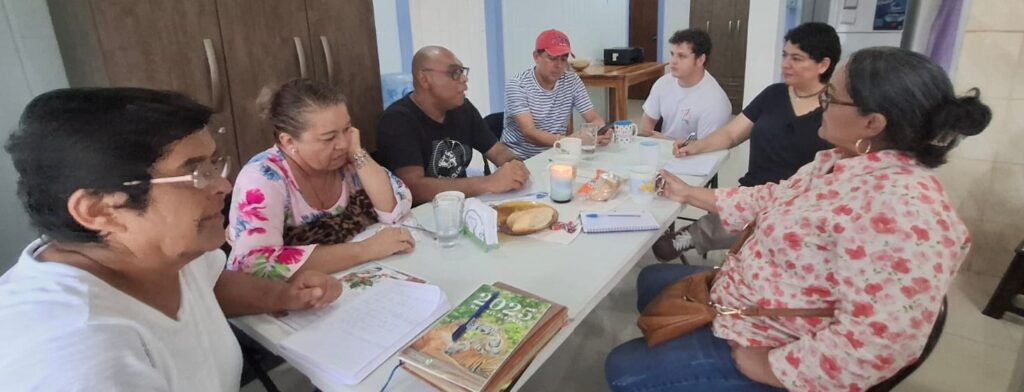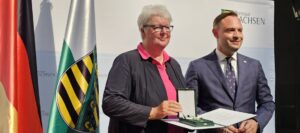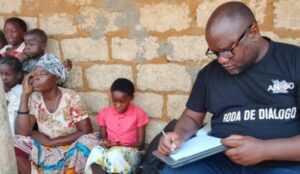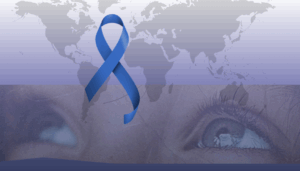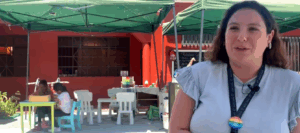Sisters of Charity of the Incarnate Word, Sr. Adriana Calzada, is a member of an inter-congregational community alongside the migrant population in Paso Canoas – on the border between Costa Rica and Panama. Following recent changes in US migration legislation, she shares her experience of the mission amid the challenges.
For months, thousands of people from around 100 different countries crossed the Darién jungle, leaving Colombia to reach Panama with the hope of making it to the United States and starting a new life.
However, with the recent changes in migration policies, the reality of the past few weeks has been very different, and with it, the way we respond to this need has also changed. Today, we accompany returning migrants, most of them from Venezuela; some have been deported from the United States or Mexico, while others have chosen to return on their own.
The population we serve is very diverse: single men, women, entire families, and — what pains us the most — many children who have gone through incredibly difficult experiences. The current situation is especially complex because, after traveling through so many countries with great effort, they now find themselves in limbo, unsure of what to do or where to go. Many of them are “trapped at the border.”
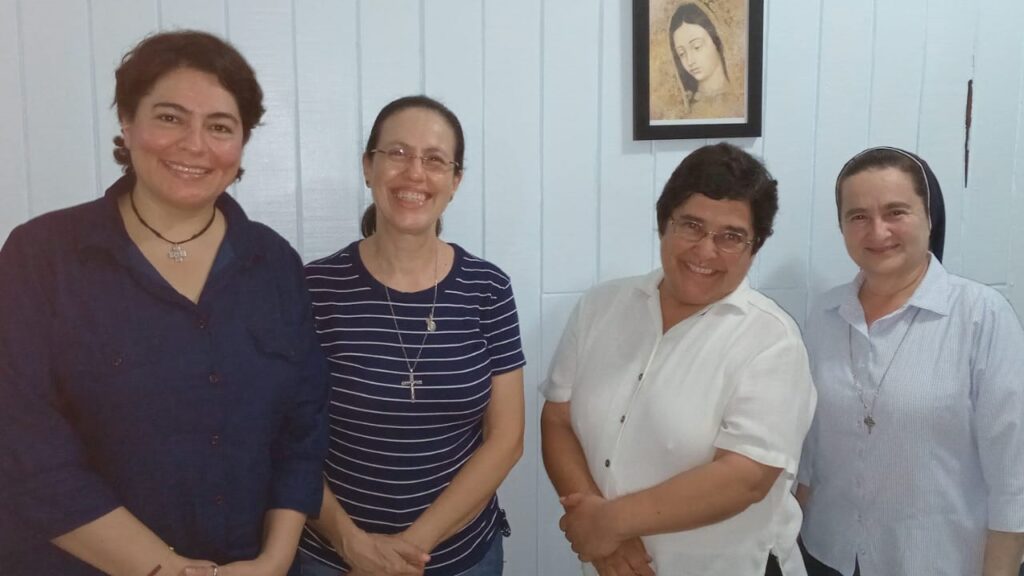
As an inter-congregational community formed by the Sisters of Our Lady of Charity of the Good Shepherd, the Company of Saint Teresa of Jesus, and the Sisters of Charity of the Incarnate Word, we organized ourselves at the beginning of 2024 to provide support to these brothers and sisters on their journey. Thanks to the help of various donors, we have been able to offer humanitarian assistance, including food, hygiene kits, toys, and, most importantly, emotional and spiritual accompaniment for those in need.
Returning is not easy. For many, crossing Central America again represents an enormous challenge. After being in Costa Rica, some of their options include taking a bus to another point where they can board a boat or a small vessel or even crossing the Darién jungle again. All these alternatives are risky, expensive, and, in many cases, controlled by organized crime groups.
One of the greatest challenges we have faced is the lack of preparation by governments to handle this new migration movement. There is no clear process to assist migrants on their return journey, and the information they receive is scarce or confusing. This also affects us because we often lack concrete data to guide them properly. We urgently need to find solutions and strengthen regional cooperation to address this reality in the best possible way.
Beyond material aid, along with pastoral agents and local volunteers on both sides of the border, we have organized a support network to welcome migrants at a chapel in Paso Canoas. There, every day, we provide food, family support, and basic kits to cover their most urgent needs. We want them to feel, even if just for a moment, that they are not alone and that there is a place of welcome and hope for them.
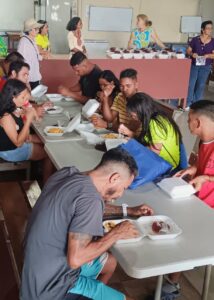
Accompanying them emotionally and spiritually is a fundamental part of our mission. We see the sadness and frustration on their faces because they have left everything behind and now have to start over. It pains us to see them suffer, but we find comfort in the certainty that God walks with them, even in the midst of so much uncertainty.
We know that reality will continue to change week by week in this political climate. We expect more returning migrants from different countries. There is talk of possible mass deportations from the US, and if approved, migration flows will increase significantly once again. That is why, at this moment, we need to remain attentive and open to different forms of assistance. It is crucial to be strategic and act quickly.
A little over a year after starting this project, we joyfully reaffirm our intuition to form an inter-congregational community to respond to this need. Sharing the resources of each of our congregations has been essential to providing assistance, but even more valuable has been recognizing each other as sisters on this journey of discernment.
Our charisms, being different, enrich us and invite us to live the values of the Gospel from diverse perspectives. Reflection and listening to the Word continue to challenge us to align our lives and our mission with this reality. We feel that our family has grown, and this fills us with gratitude and joy.
